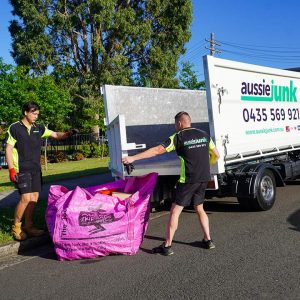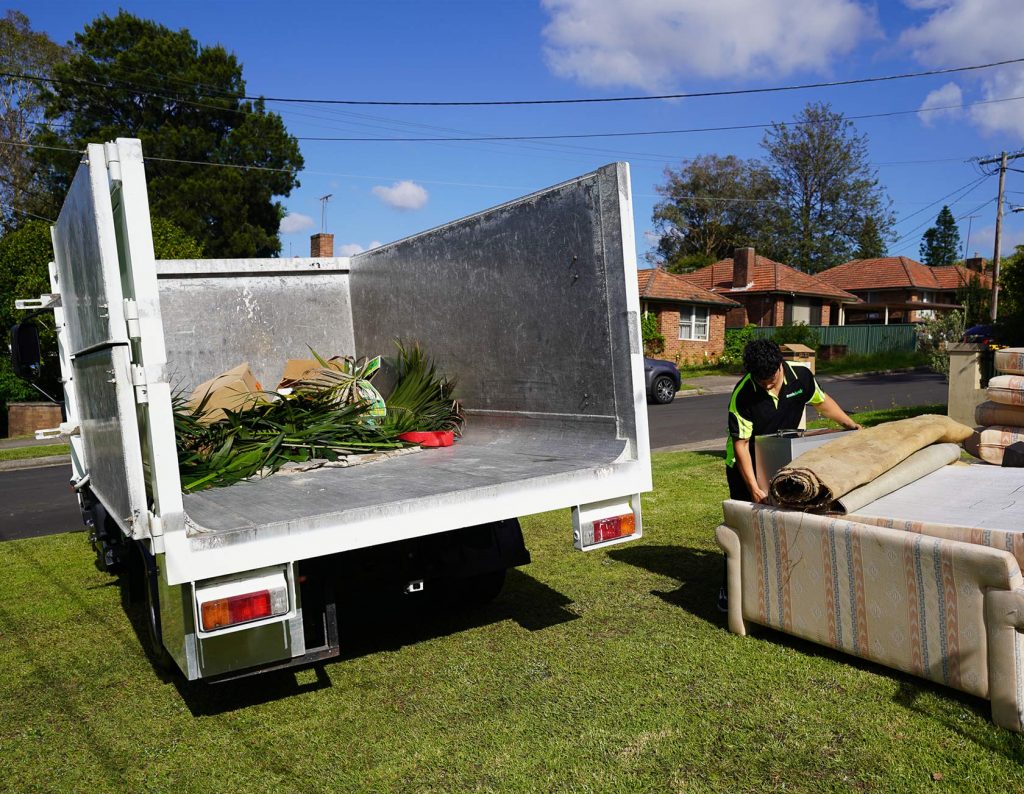The more we hear about the value of conservation and sustainability, the more it influences and affects our future actions. Schools can play a significant role in considering what to do with our rubbish by motivating the learners to become instruments of change at school, at home and when they are everywhere.
Reducing waste at school is possible when you engage students of all ages in teaching about proper waste management. They are consciously exploring how to help to make a better world possible and teaching kids and teens, it impacts them to be responsible people with their waste.
There are many approaches when implementing recycling and waste management programs at school. With students already recycling at their home, the same practice should be applied to the school to train them further to be responsible with their garbage.
Here are the ways you might apply to reduce the massive waste production in school.
Segregating Waste to Proper Bins
The first step in handling your school’s rubbish is to separate the garbage. Set up bins for the various waste forms and make sure that the proper containers are used. You have to label the bins with proper classification like paper, plastic, cans and food waste, never to confuse students.
Climate change is a result caused by non-segregation, leading to drought. The simple act of waste segregation is essential since it could help the environment. It can prevent the leaking of harmful gas into the atmosphere and contaminants into the ocean if all waste materials, such as polyethene containers, food waste, and e-waste, are mixed up in landfills.
Additionally, it is essential to separate waste to increase the recovery rate and help the environment. Waste separation is important for maintaining the value of the material.
For example, paper mixed with organic waste cannot be recycled because it is already tainted. The more separation categories we have, the more effective and efficient recycling process we will have.
Reduce Waste Production
Minimising production waste is as easy as choosing to use a usable cup for your morning coffee or skipping consuming bottled water. It does not sound like a big step to improve waste disposal, but as everyone becomes more mindful of how much waste they are creating, we will slowly start making a positive effect on our world.
Furthermore, people should reduce the waste that we’re sending to landfills. Landfills cause environmental concerns, such as unpleasant smells and harmful gases and chemicals leaching into the water and the air. Educate workers and students about the usage of techniques of disposing of waste, such as recycling, reusing and composting.
Reuse Unwanted Items
Commonly, discarded objects are readily reusable. From single-sided paper to garments to televisions, they can still be used for other purposes. When you have unwanted things, think of it as something valuable to you or anyone else, or if it can still be repaired, that could help the environment rather than dumping an object in the garbage can or recycling bin.
Consider reusing waste around the school and the school community. You can use plastic bags as bin liners or as packaging, instead of bubble wrap.
You can also have the students create recycled paper and use discarded paper for creative projects like beddings for pets, origami papers, etc. In that way, you can reduce the waste at school by reusing items.
Recycle Waste for Environment Recovery
One of the easiest ways for you to make a positive effect on waste is by recycling. Recycling is an important act to at least lose some percentage of rubbish in Australia.
When the amount of waste we produce is rising all the time, this is usually a sign to start moving and help the environment recover from the damages caused by billions of tonnes of waste.
Contact your local council to find out what waste can be recycled in your town. Usually, recyclables at school are papers, cardboard, cans and plastics.
For recycling to occur, it is important to educate students and staff about the proper usage and the rules in putting stuff in a recycling bin. The most common rule is the cleanliness of items that must be recycled to avoid contamination.
Composting Organic Waste
The first step in doing composting is to separate organic waste from other garbage, including food wastes, plastics and others. In composting, you have to use organic waste only.
In school gardens, you can teach students how composting works and organic waste turns into organic fertiliser. You may let the students experience composting to boost school farming. In that way, waste transported to landfills will be reduced.
Conclusion
At Aussie Junk, any waste is not a problem. Our team can help with the segregation and reduction of waste. There is no better feeling than completing a job of rubbish removal and seeing the happy and satisfied faces of our loyal customers.
Your concern with dumping your rubbish will be easy and hassle-free with affordable prices and quality performance on waste disposal servicing.
For all your rubbish removal needs, call us now at 0435 569 921 or book online.

